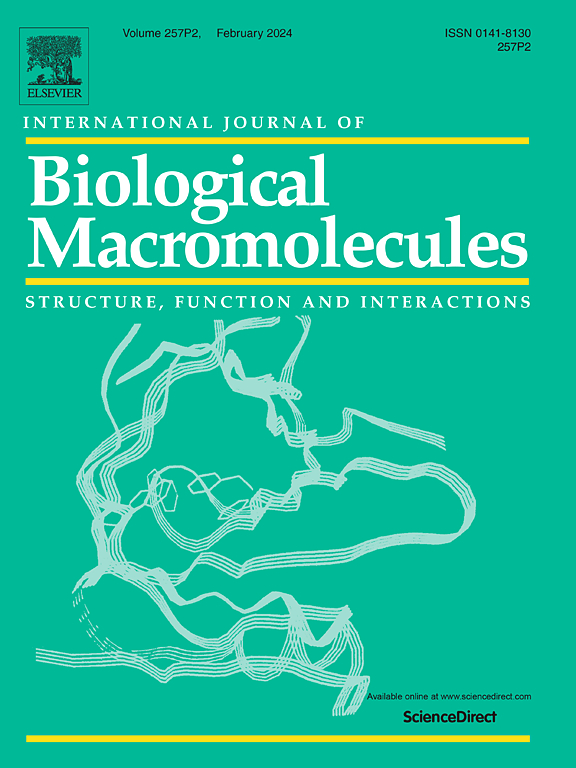Ultra-strong and solvent-resistant lignin-based non-isocyanate polyurethane adhesives: One-pot strategy toward versatile bonding
Abstract
Isocyanate-free polyurethane adhesives have attracted considerable attention as a promising environmentally friendly alternative. However, their progress has been hindered by insufficient bonding performance and weak solvent resistance, as well as the laborious synthesis processes involved. Herein, we successfully synthesized a high-performance lignin-based non-isocyanate adhesives (LNIPUs-G) through a one-pot strategy that combines the polycondensation of carbonate groups with polyether amines and aldehyde-amine chemistry. The former aspect circumvents the limitations associated with cyclic carbonate polyaddition while providing a molecular composition containing both rigid and flexible segments along with a high-density polar groups. Concurrently, the rapid hyperbranching process in the latter aspect significantly contributes to achieving a robust crosslinked network. As a result, the LNIPUs-G demonstrates exceptional resistance to boiling water with bond strengths of up to 1.32?MPa when applied to plywood, surpassing previously reported bio-based adhesives. Moreover, the adhesive exhibits remarkable versatility across a wide range of substrates including steel, iron, copper, carbon fiber reinforced composites, ceramics, aluminum, wood, and glass. Additionally, the adhesive has excellent resistance to an extensive range of organic solvents. Life cycle assessment (LCA) results demonstrate that the high-performance and cost-effective LNIPUs-G is expected to disrupt the dominance of bulk formaldehyde- and isocyanate-based adhesives industry.





